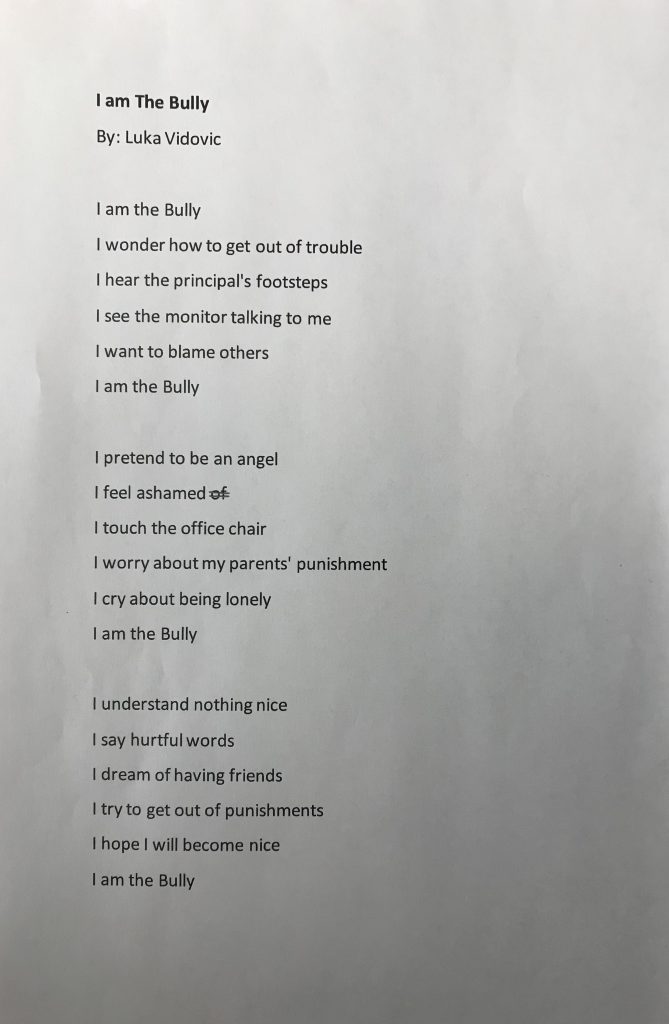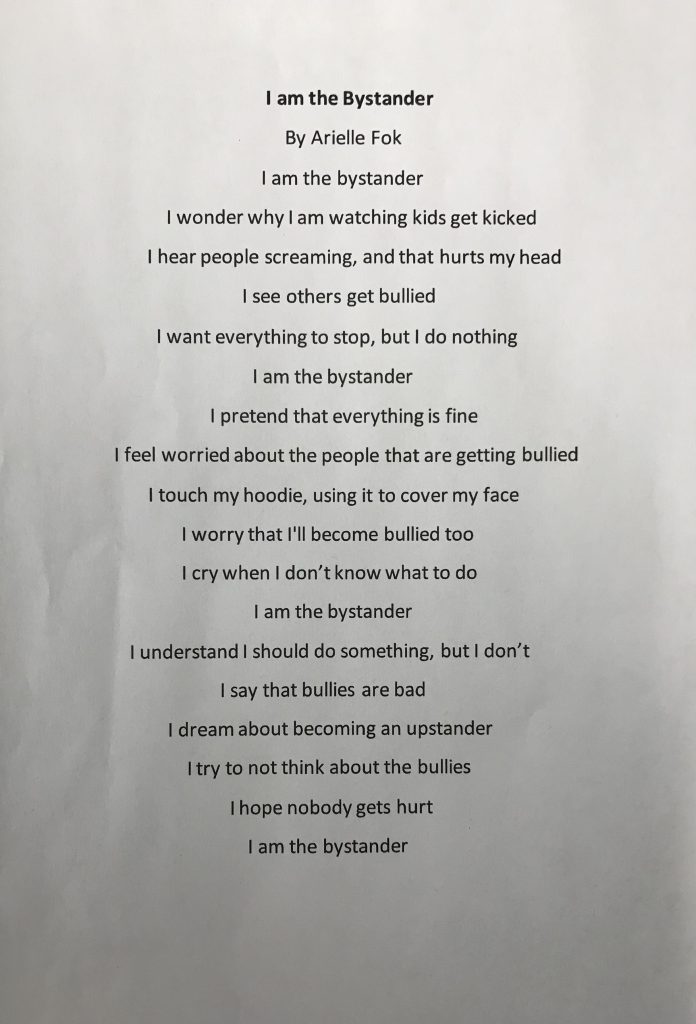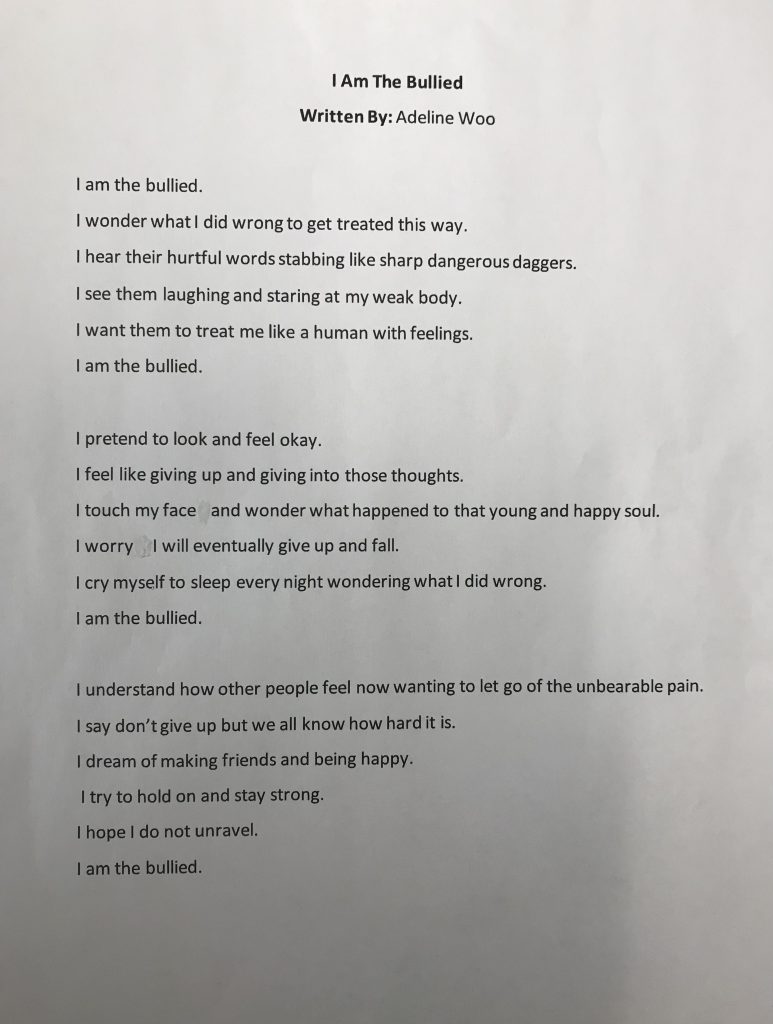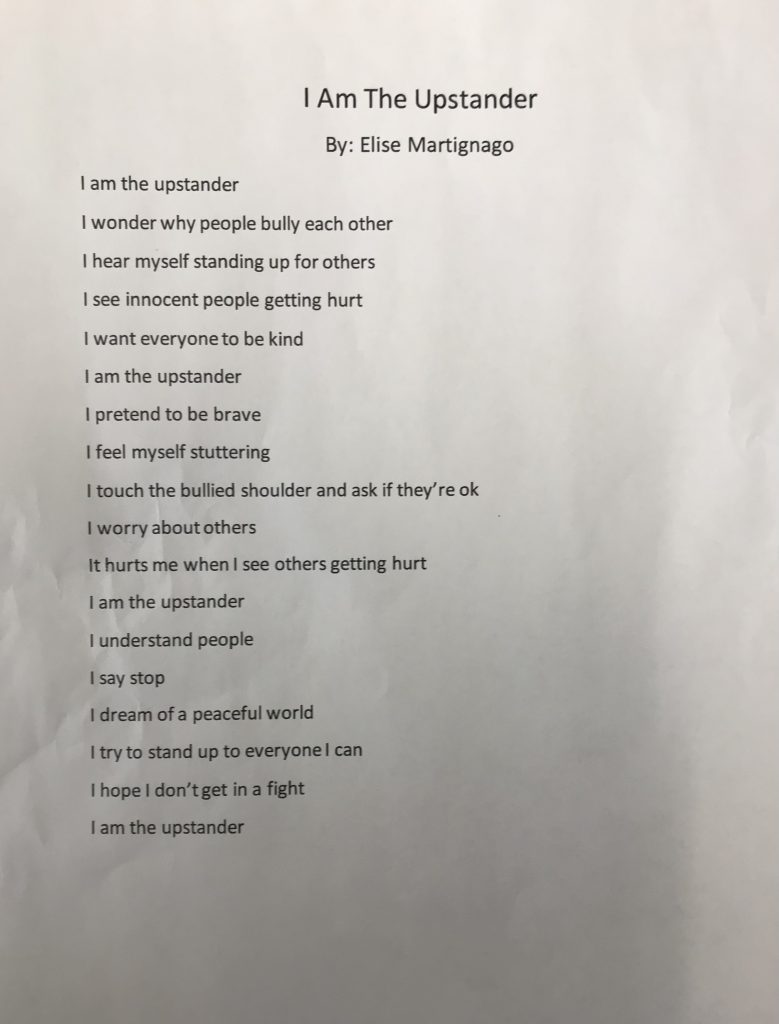This week in class students have been learning about sleep hygiene and the benefits of a good nights sleep.
Without a good nights sleep school can be a real challenge. Research into sleep shows that over time, insufficient sleep impacts how a child feels, behaves and interacts with others and their world. Insufficient sleep can lead to challenges regulating their emotions and bodies, including increased hyperactivity and stress. Moreover, research has shown that an inability to regularly get the recommended sleep can lead to a decrease in one’s overall mental health.

Did you know?
- 1 in 4 children do not get the recommended sleep at night.
- 1 in 3 children have trouble going to sleep or staying asleep
- 1 in 5 children have difficulty staying awake during waking hours
So, how much sleep should our children be getting? Well, it depends on their age. For school aged children the recommended sleep time is 9-11 hours for children aged 5-13 years old and 8-10 hours for adolescents aged 14-17 years of age.

Tips to help your child increase the quality and quantity of their sleep:
Establish a regular bedtime routine…..even on weekends
A child’s internal clock helps them to get sleepy and feel awake at specific times during the day. If you allow your child to sleep in on the weekends, that will make it more difficult for your child to wake up at the regular time during the school week. Similarly, if you allow your child to stay up late at night on weekends, they will have a harder time falling asleep at the regular bed time on school nights.
Don’t do Anything Energizing Close to Bed
You want the child to relax, not get energized right before bed. So, wrestling, watching movies, and other high stimulation activities close to bedtime may make falling asleep more difficult.
Screen time
Research has shown that screen time immediately before bed can result in sleep difficulties. Too much screen use (i.e. television, computer, mobile phone, video gaming device) in children has consistently been shown to delay bedtime and result in a shorter total sleep time. Exposure to bright light from television or computer screens close to bedtime may interfere with the body’s normal sleep-wake cycle by suppressing the production of the hormone melatonin. Using screens near bedtime (1 hour before) is also associated with poor sleep quality and daytime sleepiness.
Daily Physical Exercise
Regular physical activity has a positive effect on sleep quality, including improving the time spent asleep versus awake in bed, decreasing the number of times children wake up each night, and increasing how rested they feel the next day. So make sure your child’s day includes lots of opportunities for them to be physically active
Healthy Food and Beverages
Drinking caffeinated beverages can negatively affect children and adolescents’ sleep by increasing the time it takes them to fall asleep and decreasing the amount and quality of sleep they do get. Caffeine-containing drinks commonly consumed by children include pop, iced tea, and energy drinks.
Student Sleep Challenge
For the next two weeks student have been asked to keep a sleep log and try to make some minor changes to their sleep routine (ie. no tech an hour before bed or same bedtime/wake-up time each day) to see what impact minor changes may have on their mood, energy levels, focus, daytime sleepiness etc. Students will be graded on their ability to self-reflect on their sleep routines and identify ways they can individually improve their own sleep hygiene. Ask your child what they think might help improve their sleep hygiene and help them test out some of these tips at home to see if it gives them a better nights sleep.




 (more…)
(more…)












